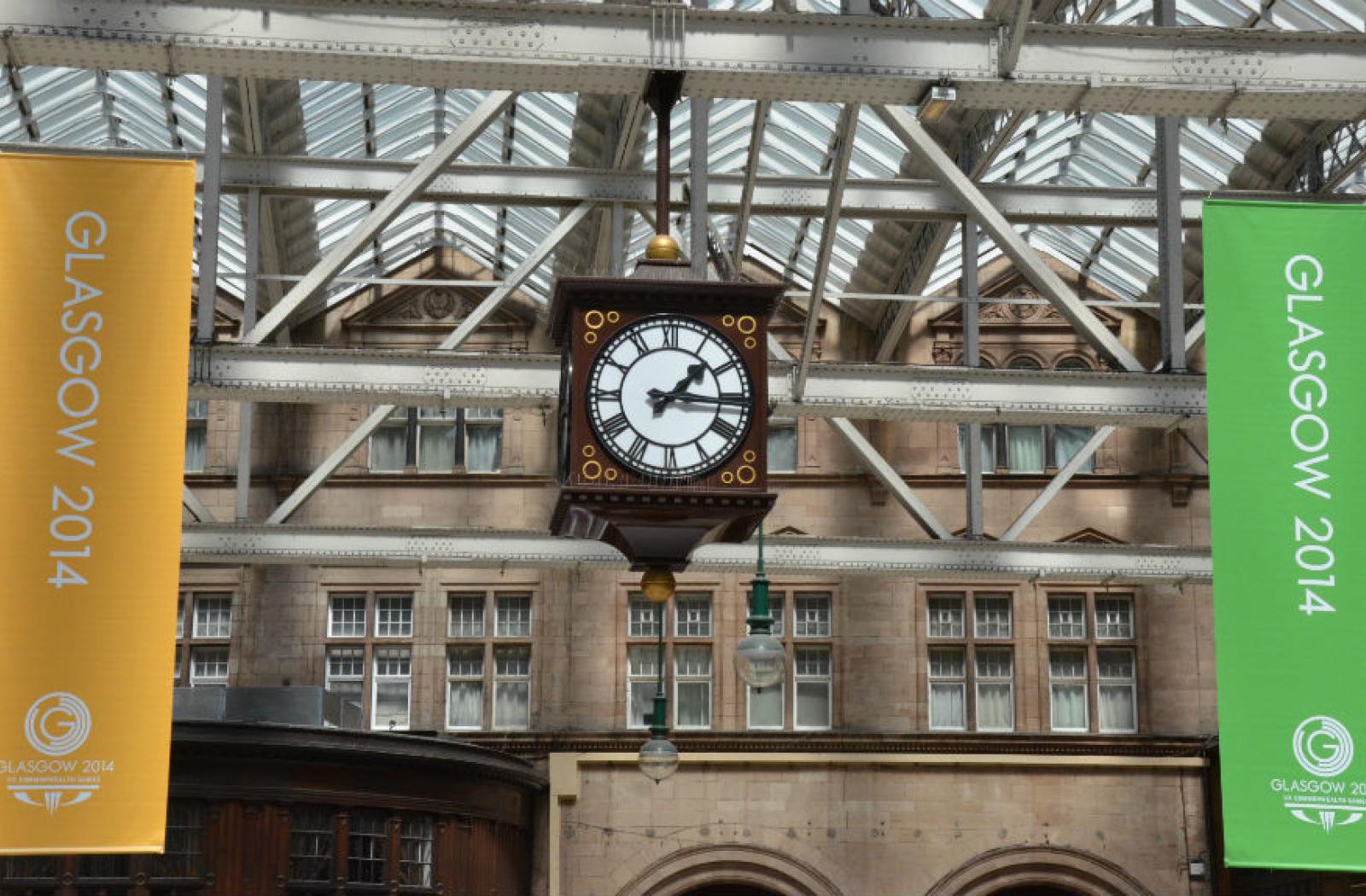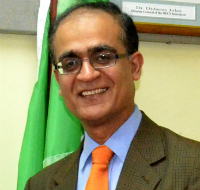Sport Is a unifying force that brings humanity together, writes Deodat Maharaj, Deputy Secretary-General for Economic Development


As a Commonwealth, we celebrate sport as a unifying force that brings humanity together. Few events epitomise this better than the Commonwealth Games. The games begin in Glasgow this week and bring together some 6,500 athletes from around the Commonwealth.
Over the coming days, we shall witness great sporting triumphs by awe-inspiring athletes. It is important to take a moment, to recognise that sport should been seen as vital to community and national development.
Done right, sport is not just wonderfully entertaining, it is truly transformative. Coming from a development background, I see sport as a powerful tool for social and economic development. It relates to the core development challenges that we face across our Commonwealth – challenges such as health and how we deal with non-communicable diseases.
All of us who enjoy sport want to feel it is pure: unfettered and untainted by greed and corruption. Yet the darker side of sport exists – evidenced by scandals that are too many to mention – and it is a side we must be ever vigilant against. I am happy to see that the Commonwealth has taken a clear leadership role on some of the difficult issues like match-fixing, gender equity, illegal betting, the governance arrangements and integrity in sport.
Yesterday I attended the 7th Commonwealth Sports Ministers Meeting, and just before that, a two-day meeting of the Commonwealth Advisory Body on Sport. At these meetings, the Commonwealth confronted these challenging issues facing the world of sport.
The Commonwealth is very fortunate to have some of the most pre-eminent and respected global sports voices represented on the Commonwealth Advisory Board on Sport. This is why we expect that by the time of Commonwealth sports ministers next meet in 2016, they will be able to arrive at a Commonwealth consensus on integrity in sport. This will be a high-level framework of principles that all our member countries can endorse and adopt.
In the area of governance, we must recognise the delicate nature of the relationship between governments and sports authorities. We must ensure that both work together, accepting the need for shared collective responsibility, and reach a balance between overt intrusion by policy makers and dogmatic calls for autonomy by sporting organisations. We must also recognise the constraints of limited resources and the importance of stakeholder engagement, from the grassroots to the high performance and elite level.
In providing practical solutions to our member countries, we launched three publications in the field of sport for development and peace, helping policy makers to understand best practices and develop their own national action plans for sport, development and peace. We also heard from our member countries such as New Zealand, which noted that there will be legislation in place that will make match-fixing a criminal offence. We heard about the leadership role that Australia has played on these issues and there is much we can learn from each other.
The productive discussions that took place over the last few days have shown that the Commonwealth is perfectly positioned to work across the field of sports policy, thanks to its diversity and size, circling as it does the entire globe, and its position as a trusted partner. As was stated in the meeting with the technical experts, “no other organisation could provide the required widespread, principled leadership in this area.”
The Commonwealth is making a defining contribution in the area of sport for development and peace and we are committed to further advancing our work in this area.
